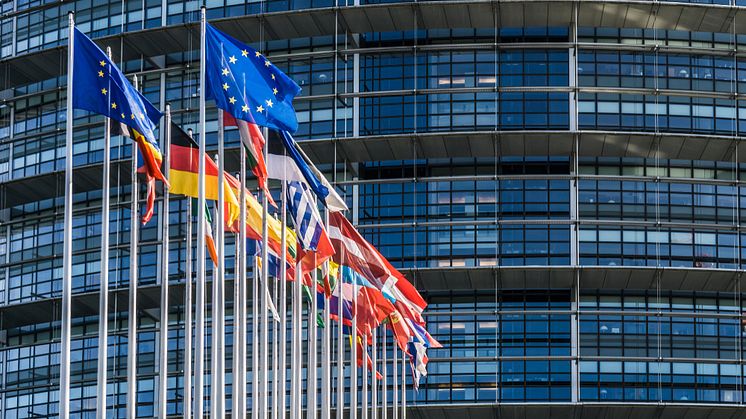Restructuring: Announced losses, gains and impacts on those who remain
This graph, taken from the latest European Restructuring Monitor (ERM) report, shows the announced job losses and gains since 2008.

This graph, taken from the latest European Restructuring Monitor (ERM) report, shows the announced job losses and gains since 2008.

Eurofound's latest report from the Quality of Life Survey looks at five key aspects of social cohesion including perceived social exclusion, perceived social tensions, interpersonal trust, participation in society and a sense of community. Collectively, these aspects have an important bearing on the well-being of citizens.

On 8 November 2018 from 14:00 to 16:00 CET, Eurofound will host the webinar ‘Making the platform economy work well for workers’. This two-hour webinar will go beyond the debate about the challenges inherent in this new form of employment and focus on possible solutions to tackle the work and employment-related implications of platform work.

The equal treatment of women and men has been a fundamental principle of the European Union since its inception, but women in Europe still earn on average 16.2% less than men. Tomorrow, Saturday 3 November, marks the moment in the year when women symbolically stop getting paid compared to their male colleagues.

Apprenticeships are long established in manufacturing and are attractive for both employers and young people because of the balance between theoretical and practical education that they offer. However, in several countries in Europe and beyond, apprenticeships are lagging behind changes in manufacturing.
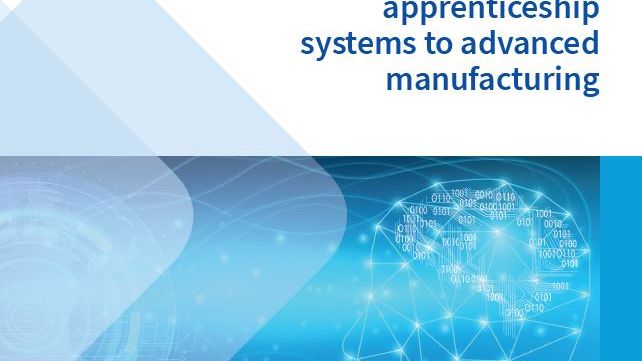
Restructuring is a common feature of labour markets and work organisation. While much research in this area primarily concentrates on the implications for those that lose their jobs, the latest report on restructuring from Eurofound focuses on the impacts for those that remain in an organisation.
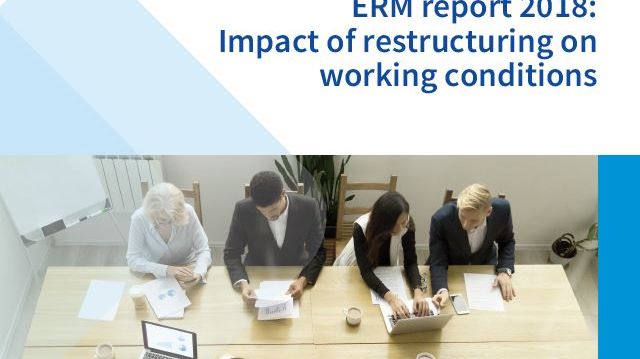
2017 was a good year for the majority of EU Member States in terms of recovery of employment. However, while the EU28 as a whole is now exceeding its pre-crisis employment rate, in 2017 it was still 2.8 percentage points short of its 2020 target of an overall employment rate of 75%. In addition, several Member States' employment rates continue to lag behind those witnessed a decade ago.
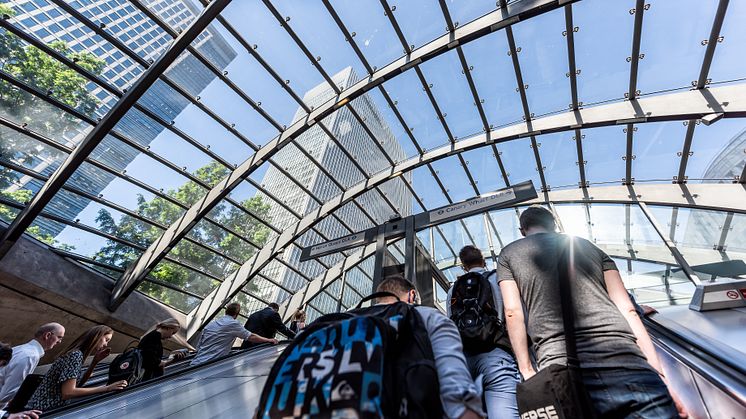
Today is World Mental Health Day, a yearly event held by the World Health Organization with the overall objective of raising awareness of mental health issues and mobilising efforts in support of mental health. Eurofound has made a limited number of copies of its latest report on Burnout in the workplace available to order, free of charge, via its website

Feelings of insecurity in several dimensions of life are widespread in the EU, even among those who are materially well-off. Only 1% of the EU population enjoys the highest level of security in the combined areas of personal security and security in housing, healthcare, employment and old-age income.
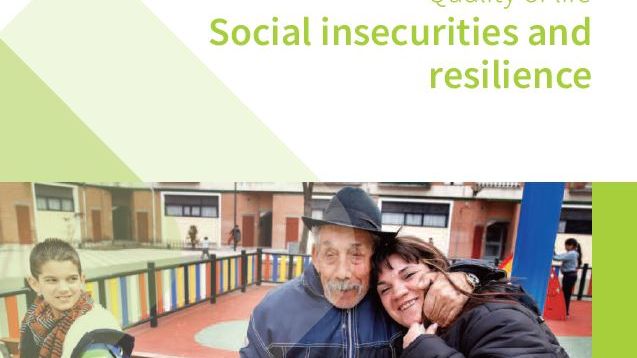
On average, women make up 36% of all managers in Europe. Some of the newer Member States lead the way in terms of the equal representation of men and women both in labour markets and in management. This graph shows the female share of management in each of the Member States.
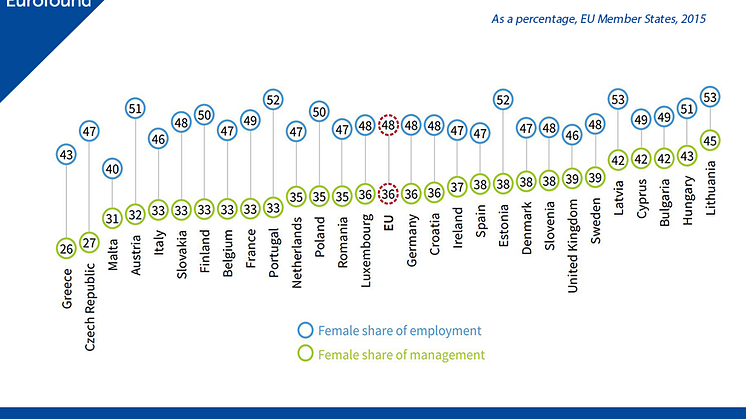
Management is still mostly a man's game. The limited presence of women in management roles in European workplaces, despite years of gender equality policy, illustrates the magnitude of the challenge in achieving gender equality at work and highlights the need for more concerted effort and comprehensive long-term strategies to drive change.
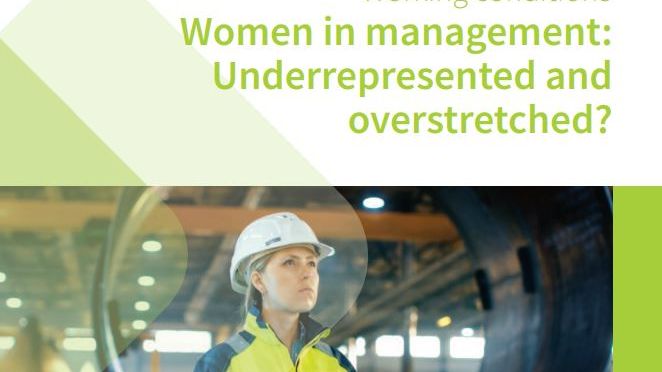
Today is European Day of Languages, a yearly event that celebrates the linguistic diversity of a continent with over 200 European languages, 24 official EU languages, around 60 regional or minority languages, and many more spoken by people from other parts of the world.
